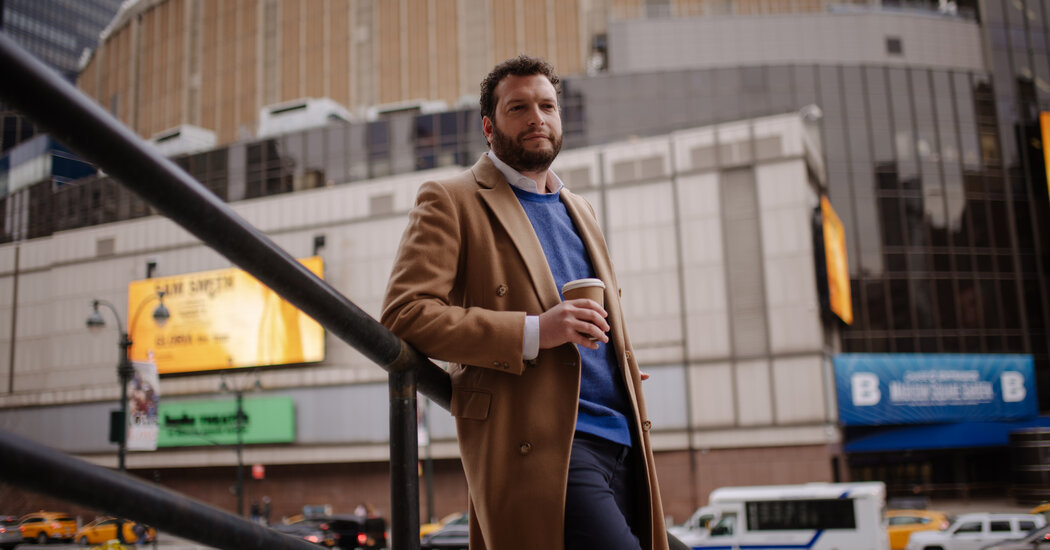Mr Noren is concerned, he said, that when he now goes to events at MSG venues, his face will still be tracked and his behavior closely monitored.
Woodrow Hartzog, a professor of law at Boston University, predicts that as more cases of companies face-scanning their customers emerge, people will play “Whac-a-Mole,” seeking protection among old laws. Professor Hartzog said facial recognition technology should be banned because while it can be used in useful ways, such as detecting security threats, it will inevitably also be used in objectionable ways.
“An ordinary bad fan can be noticed almost immediately,” he said. “But in any world where that’s true, it’s also true that those in power can use facial recognition to recognize someone who criticizes them or someone they don’t like, so that power can be used indiscriminately against all of us.”
Alan Greenberg is a fan of Jerry Seinfeld. He also represents, through his firm Greenberg Law PC, a fan who sued Madison Square Garden after being assaulted during a Rangers game. That meant it could be inconvenient for him to attend a Seinfeld show at the Beacon Theater, which is owned by MSG Entertainment. He sued, so had a preliminary warrant in his hands when he attended the show – but he also grew a beard to try and evade facial recognition.
Lawyers may not be the most sympathetic of victims and their need to be entertained may not be the most compelling cause. But their plight, Mr Greenberg said, should raise alarms about how the use of this technology could spread. For example, companies can reject people based on their political ideology, comments they’ve made online, or who they work for.
“Lawyers may not be the most favored class,” he said, “but it could be extended to any other class of individuals.”

